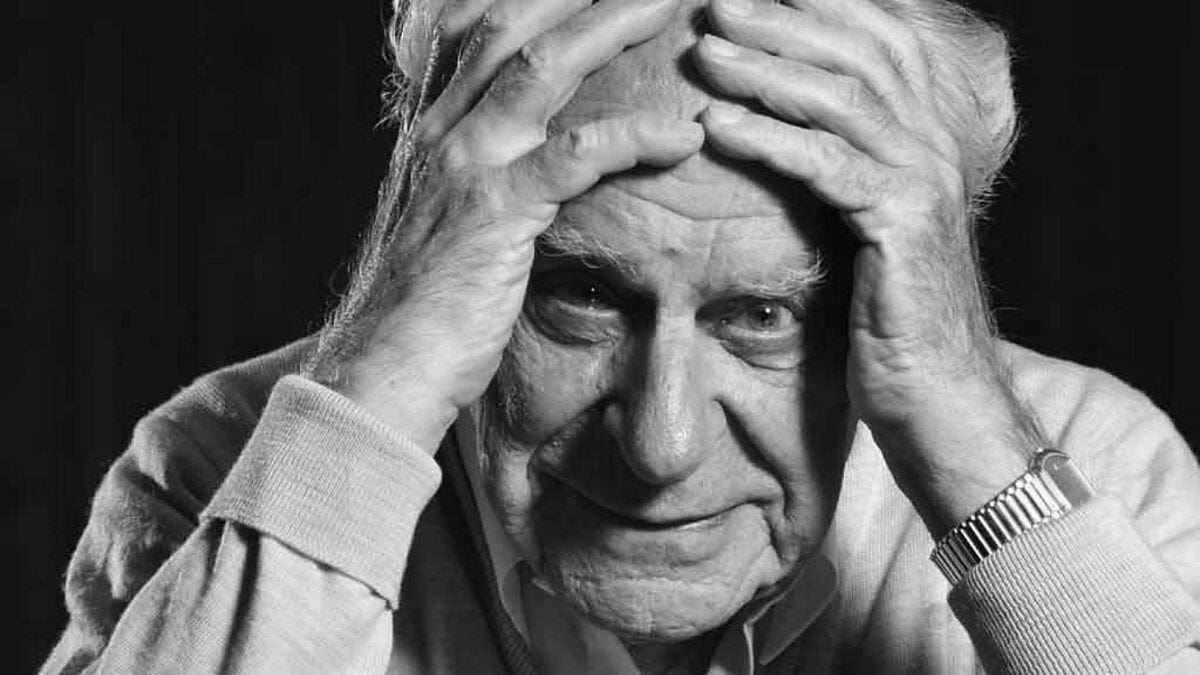Measles Returns: What Karl Popper Tells Us About Scientific Truth
The Measles Outbreak of 2025 and the Erosion of Trust
The year 2025 finds us facing a resurgence of measles, a disease largely eradicated in many parts of the world. This unwelcome return is a direct consequence of declining trust in scientific institutions and public health initiatives. The spread of misinformation, coupled with the amplification of doubt through social media, has created an environment where scientific consensus is increasingly questioned, and vaccination rates are falling. This crisis underscores the need to re-evaluate how we understand and engage with scientific principles.
Karl Popper and the Philosophy of Falsifiability
To navigate this complex landscape, we turn to the insights of philosopher Karl Popper. Popper's philosophy, particularly his concept of falsifiability, offers a powerful framework for distinguishing between genuine scientific claims and those that are not. The core of Popper's argument is that a scientific theory or hypothesis must be capable of being proven wrong by evidence. If a claim can't, in principle, be disproven, it is not scientific.
Understanding Falsifiability: The Cornerstone of Scientific Method
Falsifiability is not about proving something false, but about the potential to do so. A scientific claim must make specific predictions about the world that can be tested. If these predictions are shown to be incorrect through observation or experimentation, the theory is falsified and needs to be revised or rejected. This process of rigorous testing and potential refutation is what separates science from belief systems or ideologies that are often immune to empirical evidence. It is a crucial concept in understanding what science is.
For a more in-depth explanation of this topic, consider watching this helpful YouTube video which provides a clear breakdown of Popper's ideas:
Applying Popper to Anti-Vaccination Claims
Many claims made within the anti-vaccination movement often fail the test of falsifiability. For instance, claims about vaccines causing autism have been repeatedly tested and disproven by numerous scientific studies. Yet, proponents often maintain their belief, adapting their arguments to avoid refutation rather than acknowledging the evidence. This resistance to falsification is a hallmark of pseudoscience.
Scientific Consensus, Expert Knowledge, and Critical Thinking
The measles resurgence highlights the tension between scientific consensus and individual skepticism. While healthy skepticism is essential for critical thinking, unfalsifiable skepticism, that dismisses well-established scientific findings without rigorous examination, can be harmful. We must also recognize the importance of expert knowledge, but we must also cultivate our own critical thinking skills.
As Popper himself would say:
“The critical attitude is the attitude of someone who is prepared to learn from his mistakes.”
Navigating the Path Forward
The return of measles in 2025 is a stark reminder of the need for a renewed commitment to scientific literacy and critical thinking. By understanding Karl Popper's concept of falsifiability, we can better distinguish between genuine scientific claims and unsubstantiated beliefs. This understanding will not only help us combat the spread of misinformation but also safeguard the health of our communities. Embracing scientific principles and fostering a culture of evidence-based decision-making is essential for a healthier and more informed future.
*Unlock deeper insights with a 10% discount on the annual plan. Support thoughtful analysis and join a growing community of readers committed to understanding the world through philosophy and reason.




Many people believe that because they suspect something, there must be a truth about what they suspect. The belief that the world is a conspiracy and everyone is corrupted has to do with paranoia more than anything. This struggle with finding the "real" truth is, of course, to be blamed on actual cases where governments and politicians have failed, private business have exploited, we cannot deny that world politics and many companies business models are toxic. But the universal delirium we are experiencing in our modern times began with a trilogy of video published on YouTube many years ago that started with The Zeitgeist Movie.